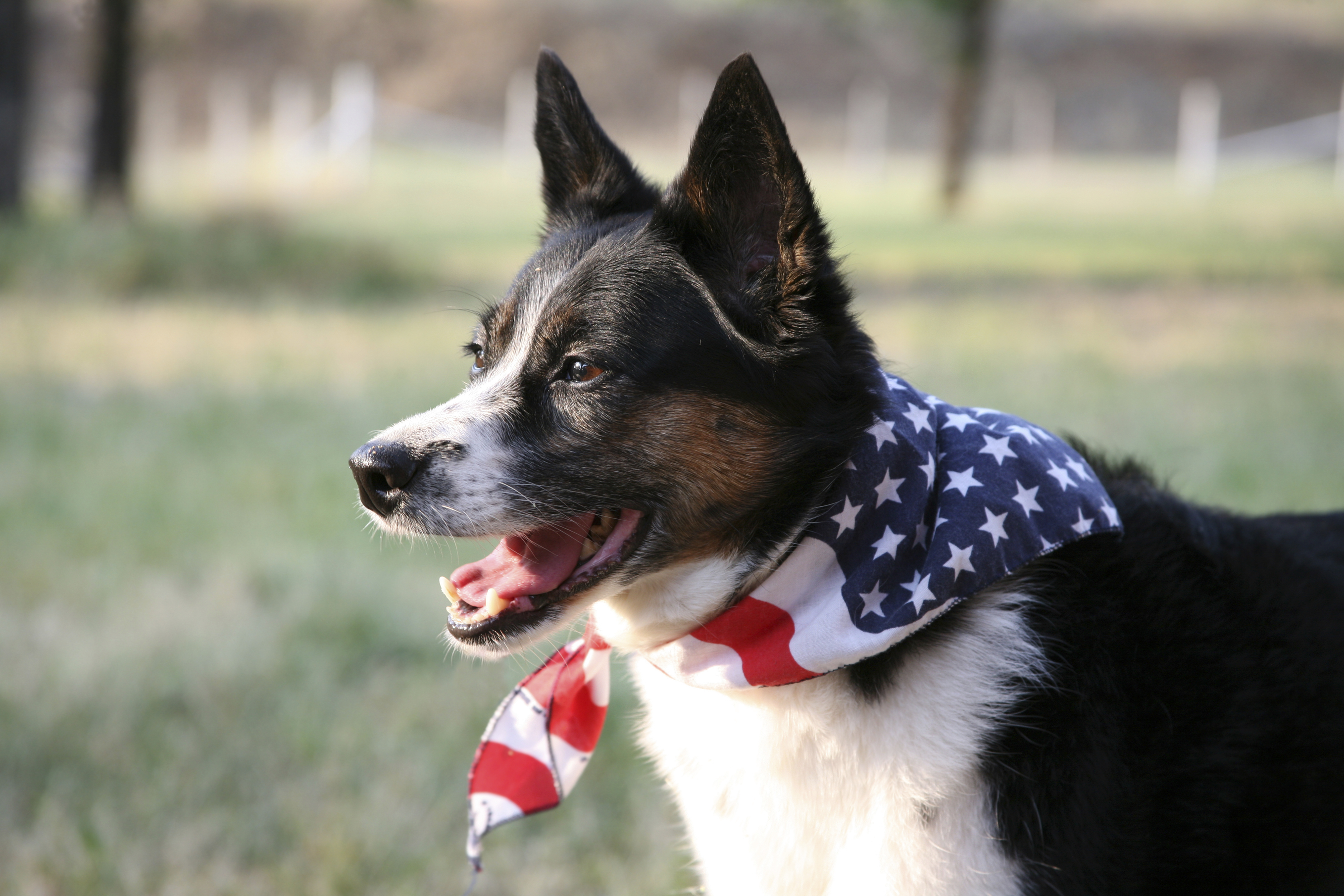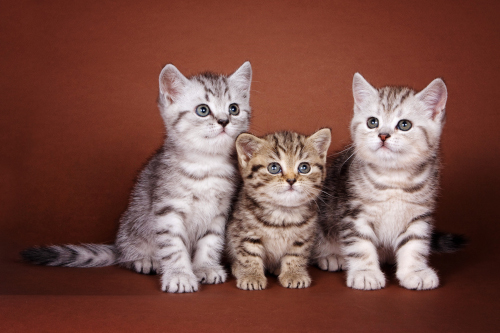Fireworks, Thunder, And Lightning, Oh My! : Helping Your Pet Cope With Noise Related Anxiety This Summer
 There’s nothing like summer in Colorado. Observing the distant flashes of lightning, the rumble of thunder, and the smell of rain in the air. Summer wouldn’t be the same without a good fireworks display (or two, or three) come July. However, many pet owners struggle with their pets’ noise-related anxiety every summer.
There’s nothing like summer in Colorado. Observing the distant flashes of lightning, the rumble of thunder, and the smell of rain in the air. Summer wouldn’t be the same without a good fireworks display (or two, or three) come July. However, many pet owners struggle with their pets’ noise-related anxiety every summer.
While we may enjoy the noisy aspects of summer, our pets likely do not. With their highly sensitive hearing and instinct to flee from danger, extremely loud noises from thunderstorms and fireworks can cause animals to panic.
Like humans, anxiety triggers physical responses in animals that can be damaging to their health, especially, when occurring frequently and the resulting anxiety is high. Because we can’t explain to our pets that these noises aren’t dangerous, we need to find ways to keep them safe and calm when they happen.
Identifying The Root Cause Of Noise Related Anxiety
It’s not only the thunderous noise of a summer storm or fireworks display that can upset your pet. The lights and smell of fireworks, the flash of lightning, and even the change in barometric pressure that signals a storm can trigger huge amounts of fear and anxiety in your pet.
Keeping Pets Calm And Safe
When your pet is frightened, his or her first instinct is to make a run for it in the hopes of finding a safe hiding spot. If a pet is able to, he or she may even run away from home due to the disorientation that fear often causes.
Keep the following tips in mind for your pet this summer:
- Don’t leave anxious pets alone during a thunderstorm or fireworks display. Bring outdoor pets inside, and keep them there until the event is over. Stay nearby to provide soothing verbal and touch-based reassurance.
- Do not bring pets to a fireworks display. The noise, crowds, and confusion can be overwhelming even for the calmest of pets. Fireworks can be harmful to their hearing and affect their sense of smell.
- Keep doors and windows closed to prevent your pet from accidentally escaping.
- Muffle the sounds outside by playing the radio or TV at a low volume setting. Or use a fan to create white noise.
- Create a safe space for your pet, as far away from the noise as possible. Make sure they have water, food, bedding, and other creature comforts.
- Consider using a Thundershirt or other pressure-based anxiety reduction product. (Be sure to remove it once the noise has stopped, as these products are only intended for short-term use.)
- Make sure your pet is wearing their collar with ID tags. Make sure they have been been microchipped. These essential items are your first line of defense if your pet does accidentally escape.
If you are still struggling to get your pet’s noise related anxiety under control, your team at Lone Tree Veterinary Medical Center is here to help. Your veterinarian is happy to work with you to come up with a plan to minimize your pet’s anxiety as much as possible.



